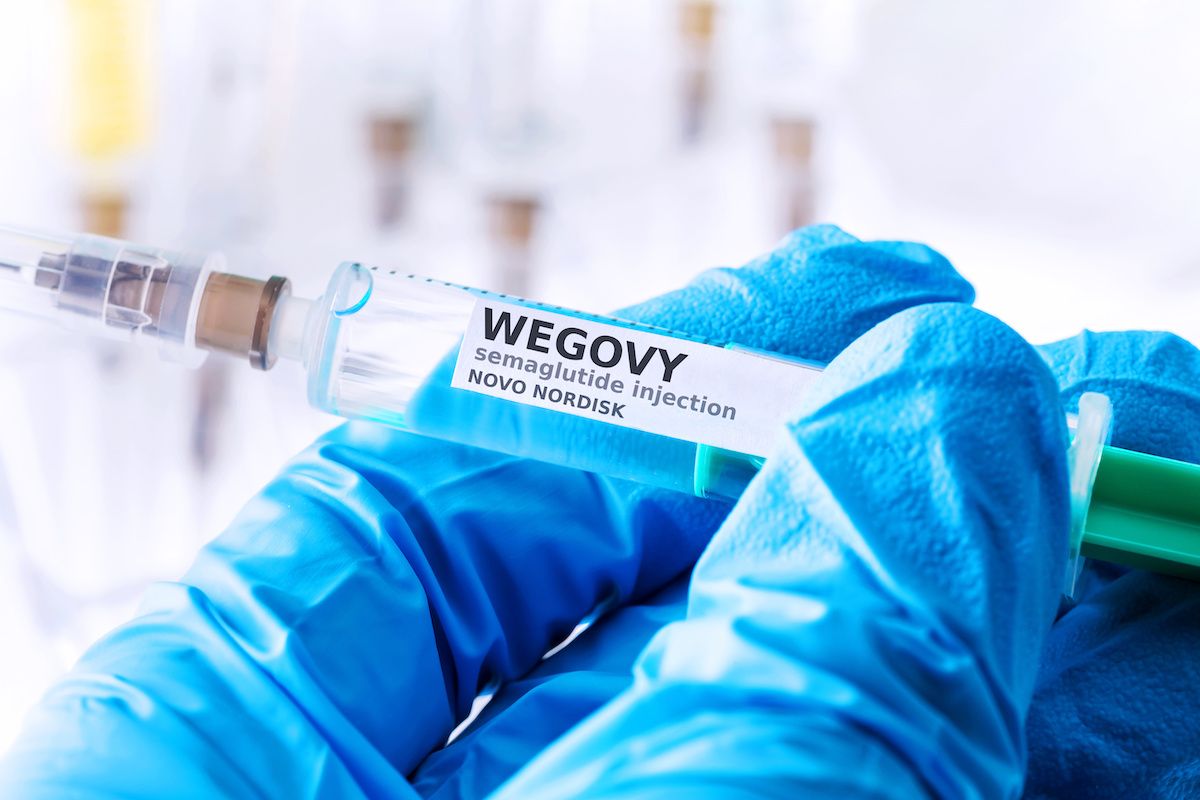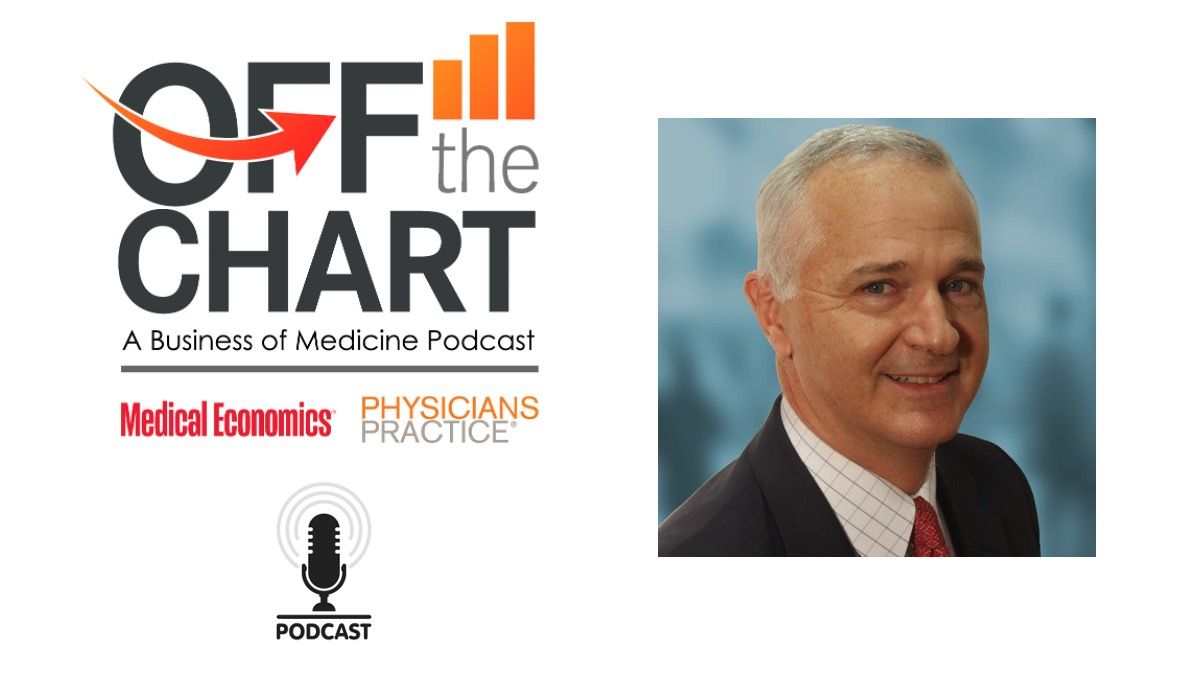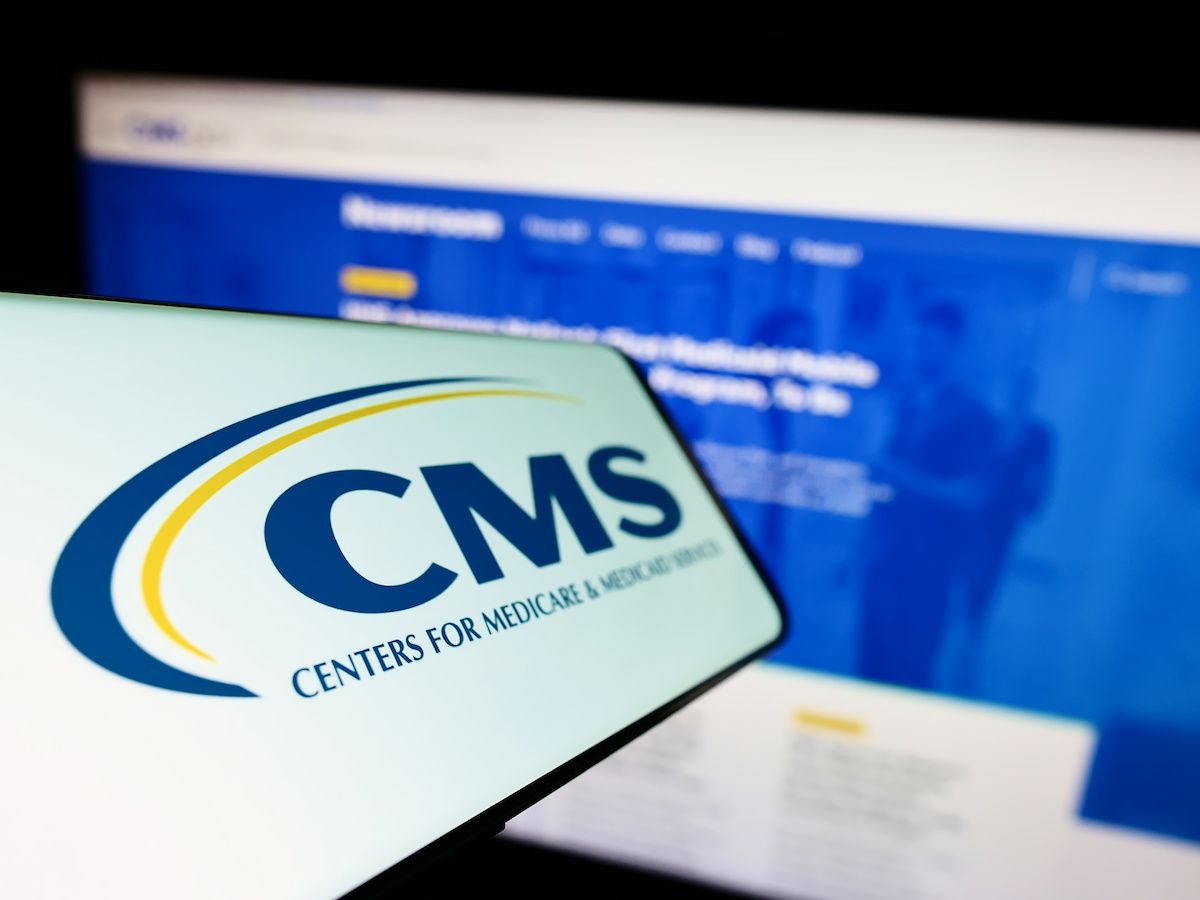Article
"You have an aortic aneurysm!"
When this doctor's worst fear became a reality, it turned out to be the opportunity of a lifetime.
"You have an aortic aneurysm"
When this doctor's worst fear became a reality, it turned out to be the opportunity of a lifetime.
By Raymond E. Cole, DO
Family Physician/Brooklyn, MI
Since childhood, I've had a premonition that I would die at 55. This thought was always in the back of my mind. When my wife and I got married 34 years ago, I expressed this anxiety to her. Once, during an interview with a newspaper reporter, I was asked, "What makes you tick?" Because this fear was always with me, my first thought was, "I want to do as much as I can, in the time I have."
At 50, I had a complete physical and found I had developed a heart valve problem. I meant to recheck the problem in two or three years, but time drifted by. When I turned 55, I thought that I'd better not wait any longer and scheduled another physical. On Jan. 1, 2004, as I usually do at the beginning of a new year, I wrote out three pages of values and goals. On Jan. 2, 2004, they became meaningless when I received the hospital report showing an aortic aneurysm. It was a good thing I hadn't waitedthe aneurysm was a surprising 5.8 cm, and the median diameter at the time of rupture is about 5.9 cm.
Before my surgery, I visited our two adult children and told them how much I loved them. The connection between my wife and me became deeper and stronger than ever. When I spoke with my sister, brothers, and other loved ones, we expressed our feelings with a new level of intensity and caring.
I remember being wheeled into the operating room and shivering from the coldor maybe a part of me shivered from my unknown future. With the realization that I might not be here much longer, my whole life flashed by in a few brief minutes. I felt that I had done my best to lead a good life. I helped thousands of patients improve the quality of their lives. I honestly felt that the world was a better place because of my life. I came to the conclusion that if it was my time to go, I'd have no regrets.
In addition to the aneurysm repair, I now have a St. Jude's Mechanical Heart Valve. Thank goodness I was in terrific health with no co-morbid conditions before the surgery. My father died in his sleep at 56, and it was written off as a heart attack. No autopsy was done. Looking back, the cardiologists said he just as likely died of a ruptured aneurysm as an MI.
My body took about two weeks to come out of shock. My only neurologic residual was decreased function and numbness of my fourth and fifth left fingers, which eventually resolved.
I become more aware of sensations
I noted other neurological changes as a result of the surgery. I experienced heightened awareness in all of my senses, particularly hearing, smell, taste, and touch. It's as if my senses and mental connections had become dulled from blocking out the monotony of daily life, and they'd been reset to "new." My senses felt pure.
The doctors described the surgery as similar to a person drowning in cold water. My body was cooled to 95 degrees, and my life functions were stopped for 19 minutes. Afterward, it was like I'd been restarted or resurrected. I couldn't help but be struck by the timingit was Easter.
The most notable change in my senses was an aversion to noise. I just wanted to listen to the sounds of nature, birds, and animals. I would listen only to soft classical music, if any. I found myself avoiding caffeine and wanting to drink water instead of colas and other beverages. I also noticed that I experienced things on a more-emotional level, and was better able to examine my thoughts and feelings. I felt and appreciated more deeply than before.
For three weeks after the surgery, I slept in a reclining chair at night. It's amazing how much I appreciated a small thing like sleeping in my own bed.
My post-surgical instruction was that I could go back to work part time after eight weeks, working up to full time at 12 weeks.
But three and a half weeks after the surgery, I developed a myriad of symptoms including extreme shortness of breath, inability to walk more than 50 feet without resting and gasping for breath, chest pain, and palpitations. After medications failed to convert the arrhythmia to normal, I returned to the hospital in atrial flutter/fibrillation with rapid ventricular response. I called it "atrial flubber." I had to have a cardioversion. (I think of it as being hooked up to a car battery!) It put my recovery back another two to three weeks.
I make some key life changes
Now, I hear each heartbeat go "click-click" instead of "swoosh-swoosh." Some might find this irritating, but I find it comforting. Each click reminds me how grateful I am to be alive.
This experience has made me reset my priorities. I am far clearer on what really matters in life. When I researched aortic aneurysm repairs and artificial heart valve replacements, I determined that based on where I was having my surgery and my own health, there was a 2.5 to 4 percent mortality with the surgery. That transformed my experience of life. When you know that you may die, you look at your loved ones with a new depth of feeling. It's a shift in conscious awareness that's experiential rather than intellectual.
I'm now exercising regularly, feeling great, and healthier than ever. However, in some ways, I'll never be the same. I have a deeper appreciation for all of life, and I'm grateful for each precious moment of existence. I find myself more apt to go with the flow of life than to be combative about the way I think things should be done.
While I always had empathy for my patients, I now look at the whole person. I choose difficult cases. I want to do all I can in the time I have, because I've gained another lifetime. I want my life to contribute to the quality of people's lives.
Raymond Cole. "You have an aortic aneurysm!
Medical Economics
Sep. 17, 2004;81.














